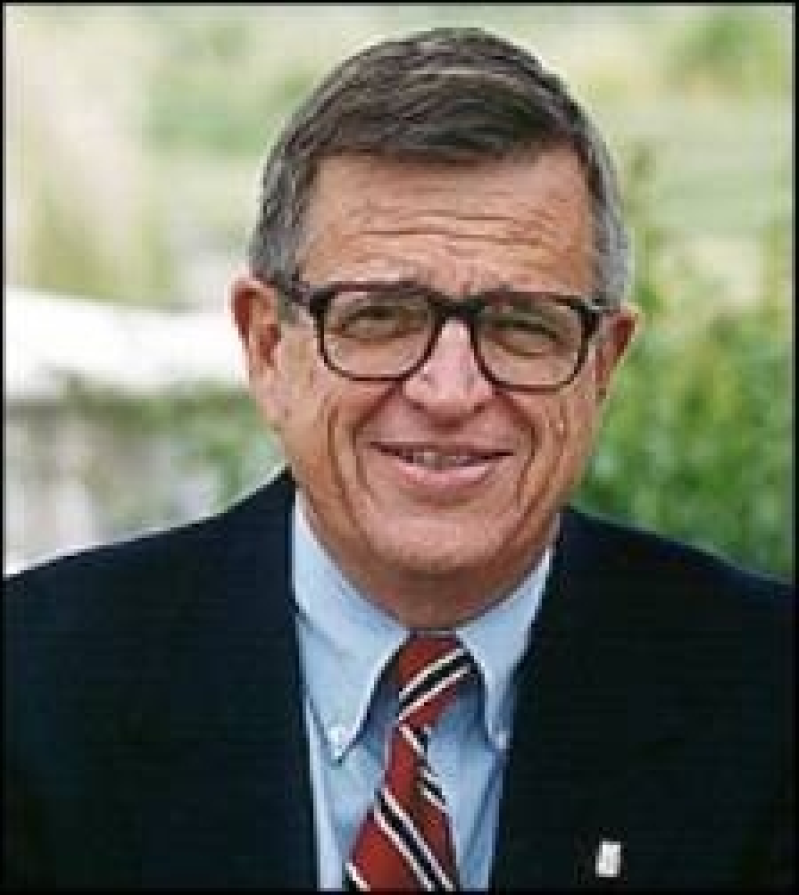
Perhaps you remember the media frenzy over Mother Teresa’s letters, which were published after her death. Because those letters revealed depression, doubts, and spiritual darkness, many argued that Mother Teresa’s Christian faith could not possibly have been real. Atheist Christopher Hitchens, for instance, insisted that she must have realized that “religion is a human fabrication.”
Well, nonsense.
Hitchens had no way of understanding Mother Teresa and her faith, but there’s another author who would have understood perfectly. In fact, this man might have said that Mother Teresa’s struggles actually showed just how real her faith was.
John of the Cross, who lived in the 1500s, is the writer, friar, and priest featured in Ken Boa’s latest Great Books Audio CD Series. Ken tells us that this man’s “spiritual development was forged in a life of pain, conflict, and passion for God.” The title of John’s most famous work, The Dark Night of the Soul, is familiar to all of us because we’ve all experienced this, as Christians have through the centuries, the “seasons of darkness and dryness in the spiritual journey.”
Too frequently, our modern attitude about prayer is to make it all about ourselves instead of about Christ. We focus on a “technique or set of steps” that’s supposed to bring sure results. But this approach can leave us unprepared to deal with the doubts and darkness that can overwhelm even the most faithful Christian.
John of the Cross contended that the dry seasons teach us about our own powerlessness and our own need for complete reliance on Christ. He talked about not one, but several different kinds of “nights” that we may go through.
There’s the night that we experience in our senses. But then there’s the far darker kind that we experience in our soul, which leads to terrible feelings of “desolation” and “abandonment.” We may experience these nights in “active” ways, when we must work to reach out to God, and “passive” ways, when we must be still and allow God to act upon us.
Of the dark night of the senses, Ken says this: When “the senses are stripped of all pleasure and joy in prayer,” our attention can be drawn toward God, who purifies us and takes us “through dread to eventual joy, not despair.” But we can only experience this kind of growth if we willingly submit to God even when all our feelings seem to be pulling us away from Him.
As for the dark night of the soul, John of the Cross explained that it may be used to teach the soul “renunciation and deprivation,” “faith,” and finally, “the ultimate rapture of union with Christ.”
As you can imagine, this teaching has been tough for many to take. Even one translator acknowledged that it can be “repelling.” But, as Ken says, it nonetheless has something important to teach us about “the cost of discipleship”-even those of us who will never experience a night as dark as the one Mother Teresa knew.
Inspired by The Dark Night of the Soul, we can respond to Christopher Hitchens and others like him that they’ve got it exactly backwards. It’s the shallow faith, the kind that focuses only on our own happiness, that can’t last. The times of darkness, the dark nights of the soul, ultimately serve to make our faith stronger and deeper.
_______________________________________________________
From BreakPoint, August 28, 2009, Copyright 2009, Prison Fellowship Ministries. Reprinted with the permission of Prison Fellowship Ministries. All rights reserved. May not be reproduced or distributed without the express written permission of Prison Fellowship Ministries. “BreakPoint®” and “Prison Fellowship Ministries®” are registered trademarks of Prison Fellowship







